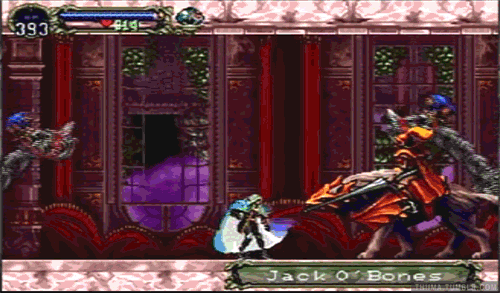The cost is paid in advance, now you get to reap in the benefits.
You would still get conflict for the use of causing emotional distress to people, and any conflict from using dark side points to power the immobilization effect. So at minimum, you're probably grabbing 2 conflict per use as is, on top of what is currently 1 conflict per session.
The flat 'conflict tax' in the Talent as currently written is overall less punitive to the player, at least as opposed to doling out additional conflict per use. 2 Conflict per use +1 is often going to be preferable to 3 Conflict per use. Granted, they're both more than the original draft of the Talent.
